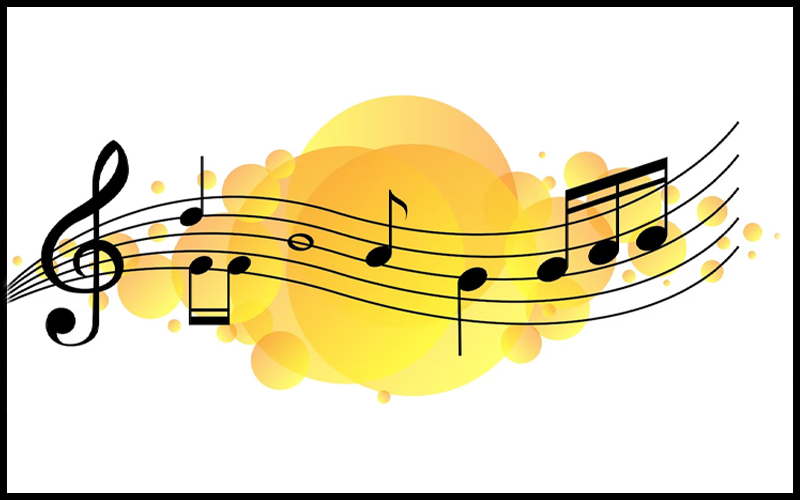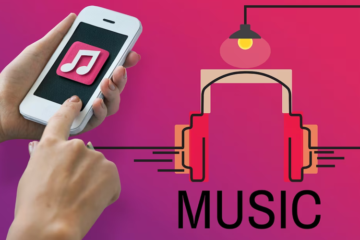Music is an integral part of human history and culture, with the power to move and connect people from all corners of the globe. It is a universal language that transcends cultural and linguistic barriers, evoking emotions and expressing experiences in a way that words cannot. In this article, we will explore the significance of music and how it has evolved over time.
The Power of Music: Eliciting Emotions and Expressing Experiences
Music has the power to elicit emotions, convey messages, and express experiences in a way that words cannot. Whether it’s a catchy pop song or a haunting melody, music has the ability to transport us to another time and place, evoke nostalgia, or lift our spirits. The lyrics can speak to our hearts, resonate with our experiences, and provide comfort in times of need. Music has the ability to heal and bring people together, transcending cultural and linguistic barriers.
The Role of Music in Culture and History
Music has played an integral role in human culture and history for thousands of years. From the rhythms of tribal drums to the intricacies of classical symphonies, music has been used to celebrate, mourn, communicate, and express. Music has been intertwined with religious and cultural practices, serving as a means of storytelling and documenting history.
The Collaborative Process of Music Creation
The creation of music is a highly collaborative process, requiring the skills and contributions of multiple individuals. From songwriters and composers to producers and performers, each individual brings their unique talents and perspectives to the table. This collaborative process allows for the creation of new and innovative sounds and styles, contributing to the evolution of music over time.
The Impact of Music Education
Music education has been shown to improve cognitive development, language acquisition, and spatial-temporal skills in children. Exposure to music at a young age can also help foster creativity, emotional intelligence, and social skills. Music education allows individuals to express themselves and connect with others on a deeper level, providing a sense of community and belonging.
The Evolution of Music and Technology

Technology has played a significant role in the evolution of music over time. From the invention of the phonograph to the rise of digital music streaming services, technology has changed the way we consume and create music. It has allowed for greater accessibility to music from all around the world, as well as new and innovative ways to produce and share music.
Music is a powerful and universal language that connects people from all around the world. It has the ability to evoke emotions, convey messages, and bring people together. Music has played an integral role in human history and culture, serving as a means of communication and expression. The collaborative process of music creation allows for the evolution of new sounds and styles, while music education provides individuals with the tools to express themselves and connect with others on a deeper level. Technology has allowed for greater accessibility and innovation in the world of music, further highlighting its significance as a universal language.



